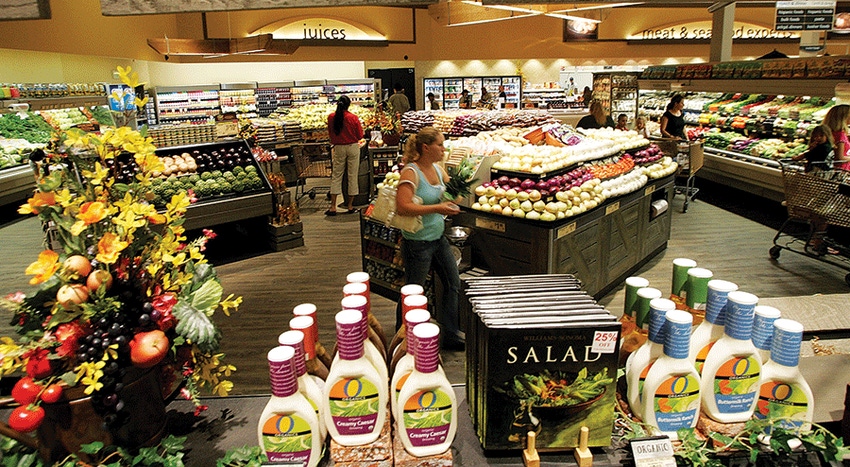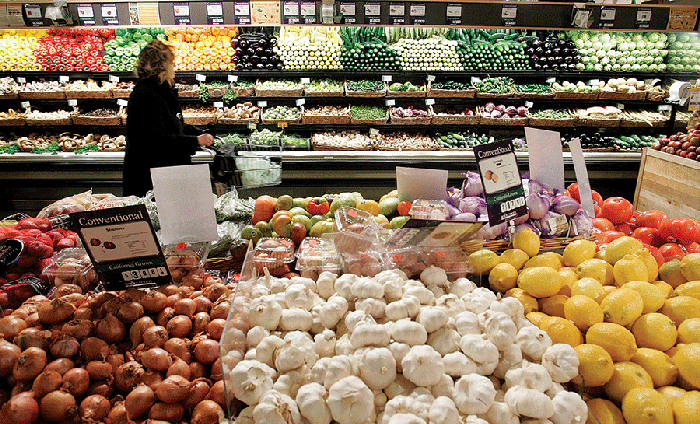
“Some people just don’t have enough to worry about,” my mother was wont to say when something in the wider world struck her as nonsensical or trivial.
Born in the first decade of the 1900s, she grew to womanhood when life for many in the rural South was hardscrabble, and farming/gardening/meat animals/self-sufficiency were key to family survival. She then endured the privations of the Great Depression, when a lot of families were lucky to just have food to eat.
In her later years, in the post-WWII era of industrialization that brought thousands of factory jobs — a massive migration away from dependence on the land to relative affluence — she had little patience for complaints of the younger generation.
“They don’t know how well off they are,” she would say. “They ought to have to live like I did; they’d be more appreciative of all that they have.” Hers was an all-too-well-remembered reality of eat what’s on the table and be grateful for it. Be thankful for time and labor spent growing a garden, raising chickens, snapping beans, shelling peas, shucking and silking corn, stirring together ingredients for bread, cakes, pies, then baking them. It all didn’t just materialize from thin air.
Today, it pretty much seems so. At the block long Kroger superstore in my town, one can get anything from designer sushi to a $600 cheese block to Starbucks lattés, a slew of different olives at the food bar, salads, a $20 breadfruit from somewhere tropical, along with starfruit, and other exotic things that presumably someone buys but most of us just look at with curiosity, plate lunches, and baked apple or berry pies that look as pretty as those Mother made, but aren’t nearly so delicious. The abundance of packaged, processed, pre-cooked, foods in that one store is incredible. A couple of blocks down the way is a Walmart grocery stocked to the rafters with foods galore, and at the other end of town an independent grocery that manages to survive despite those two competitive giants.
Along the way to or from these stores are food purveyors galore, offering anything from catfish and hush puppies to Grand Macs (for those for whom a Big Mac isn’t big enough) to barbecue to Frito chili pie and tater tots to Chinese/Mexican/Japanese, gourmet ice cream, all drive thru or sit down. The mind boggles. Not as tasty or nutritious as Mom’s home-cooked meal, but hey, it’s there, it’s quick, no kitchen duty required. What’s a little obesity, high blood pressure, and diabetes as long as we keep the economy afloat? Besides, by not preparing food at home there’s more time to text, e-mail, surf the web, sit in front of the flat screen.
Yet consumers get bent out of shape that their overly salty/sugary/fatty processed foods may have a few grams of GMO ingredients or that Farmer Brown may have sprayed his corn, soybeans, or rice with a pesticide applied in mere ounces per acre. Millions around the globe — innocent civilians, not terrorists, not extremists — who are being bombed, starved, made homeless, would give anything for the merest fraction of the abundance that is ours at every turn … and to just have some peace from the warfare, destruction, and fear that characterize their daily existence.
How fortunate are we to be where we are, to enjoy lifestyles unparalleled in all of history.
And 98 percent of the population that is non-farm gives no thought to how it all comes about, the productive, progressive agriculture that makes it all possible. They just take it all for granted.
About the Author(s)
You May Also Like




